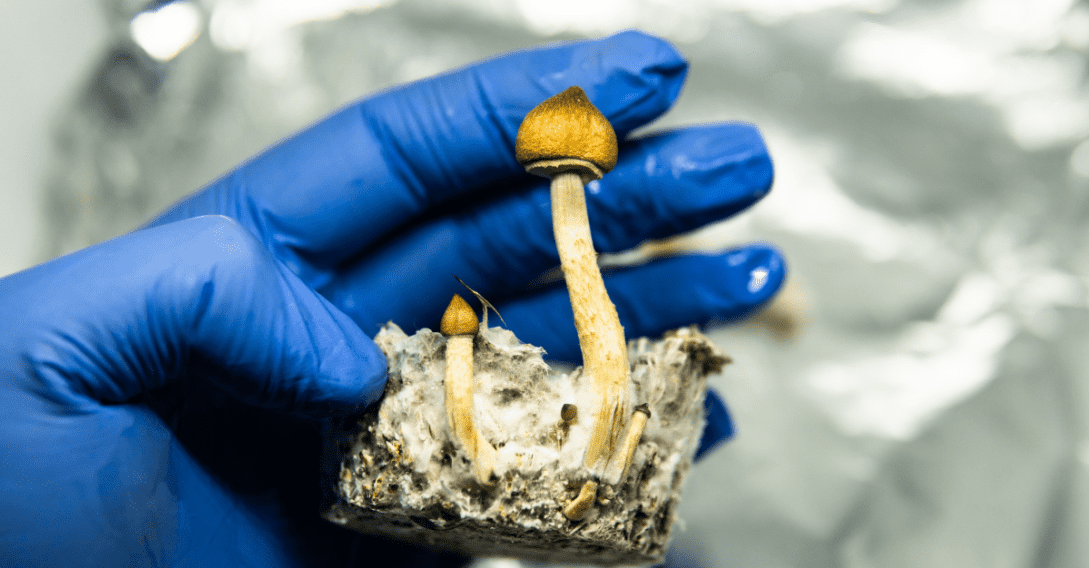Depression: Prevention and Treatment
Depression results from a combination of genetics, lifestyle, and environmental factors.
In general, lifestyle changes that may help avoid depressive periods include: staying engaged with others (the right support group can be valuable); taking advantage of habits such as journaling, time management, reducing stress, and exercise. Taking care of yourself with proper foods and adequate sleep is also important.
Exposure to toxins, scented products, and allergens have been known to play a role in some cases of depression. Food allergies or sensitivities and digestive problems (along with candida overgrowth) have also been linked to depression.
When treatment is needed, standard approaches focus on anti-depressants: 1) selective serotonin reuptake inhibitors; 2) serotonin and norepinephrine reuptake inhibitors; 3) norepinephrine and dopamine reuptake inhibitors; and 4) atypical antidepressants. Each of these has negative side-effects that many seek to avoid.
For non-drug or natural therapies that may help in depression, please see our article Integrative Therapies for Depression.
There’s not one single answer for depression, so be prepared to work with a healthcare provider to find the approach that is best for you.
.




.
Related articles are shown below. If you don’t find what you’re looking for, you can search using the box at the upper right of the page or browse our forums.
Sheila DeMare, Editor: I encourage anyone who has a connection with bipolar disorder to watch this video with Dr. William Walsh and Dr. Jingduan Yang. Whether a researcher, practitioner, patient, family member, or educator, you […]
Environmental and Nutritional Tips to Improve Your Family’s Health This feature highlights reports, studies, and feedback on efforts that can positively impact our quest for health. The topics we cover in this issue are listed […]
Previous studies by Johns Hopkins Medicine researchers showed that psychedelic treatment with psilocybin relieved major depressive disorder symptoms in adults for up to a month. Now, in a follow-up study of those participants, the researchers […]
It’s discouraging and sometimes life-threatening to suffer from depression and not respond to treatment. Then along comes a simple, safe intervention that can last for several weeks.
Environmental and Nutritional Tips to Improve Your Family’s Health This feature highlights reports, studies, and feedback on efforts that can make a positive impact in our quest for health. Topics we cover in this issue are included […]
Environmental and Nutritional Tips to Improve Your Family’s Health This feature highlights reports, studies, and feedback on efforts that can make a positive impact in our quest for health. Topics we cover in this issue are included […]
“If you always thought depression was in your head, consider this: It may actually start in your intestinal tract.” Michael Schachter, MD, wrote this in his comprehensive book What Your Doctor May Not Tell You […]
Severe depression is one of the most difficult conditions to successfully treat. Researchers at Stanford University School of Medicine have found that a revised form of magnetic brain stimulation relieved symptoms in 90% of subjects […]










